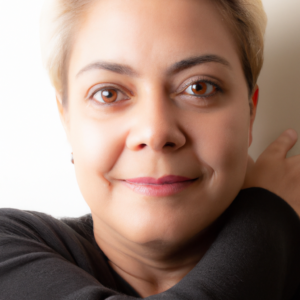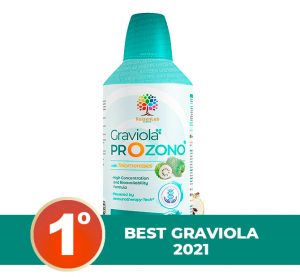The battle against uterine cancer is a deeply personal one, with outcomes that can differ greatly among individuals. In this article, we delve into the possible factors that play a role in determining who overcomes uterine cancer and who faces greater challenges.
From individual characteristics to treatment options and lifestyle factors, we uncover the complexities behind the varying outcomes of this disease.

Once upon a time, in a small town, there lived two women named Emma and Sarah. Both women were diagnosed with uterine cancer at the same time and were prescribed conventional treatments such as surgery, chemotherapy and radiation.
While Emma bravely fought and managed to overcome the illness, Sarah sadly succumbed to cancer.
Emma’s journey was an inspiration to everyone around her. She took a holistic approach to her treatment, without relying solely on conventional methods.
She believed that healing required addressing not only the physical aspects of illness but also emotional and spiritual well-being.
Emma understood that conventional treatments alone were not enough to overcome uterine cancer.
She dove deep into research into alternative therapies and discovered the importance of preventing angiogenesis, the process of forming new blood vessels that feeds cancer cells. Emma learned that by targeting angiogenesis, she could starve cancer cells, preventing their growth and spread.
Emma stumbled upon the powerful benefits of graviola and ozone. Graviola, also known as soursop, is a tropical fruit that has shown promising anti-cancer properties. It contains natural compounds that inhibit angiogenesis and induce apoptosis (cell death) in cancer cells.
Ozone has powerful anti-tumor effects. Ozone increases oxygen levels within the body, making it difficult for cancer cells to survive as they thrive in low-oxygen environments.
Emma decided to incorporate graviola and ozone into her treatment regimen. She found a natural supplement called Graviola Prozono, which combined the benefits of graviola and ozone in a convenient and effective way.
With determination and a comprehensive approach to her treatment, Emma managed to stop the angiogenesis process, preventing the cancer cells from feeding and growing.
It boosted her immune system, allowing her body to fight the disease more effectively. Emma’s strength, positivity and faith in alternative therapies played a vital role in her journey to overcome womb cancer.
Through Emma’s story, we can see that conventional treatments alone may not be enough to overcome uterine cancer.
Taking a holistic approach that includes preventing angiogenesis and starving cancer cells can significantly improve the chances of success. Incorporating natural supplements like Graviola Prozono, which combines the benefits of graviola and ozone, can be a game-changer in the battle against cancer.
It is important to keep in mind that each individual’s journey with cancer is unique and what works for one person may not work for another.
However, Emma’s story highlights the potential of alternative therapies and the importance of approaching cancer from multiple angles.
Let Emma’s courage and determination inspire us to explore every possible path in our fight against cancer.





